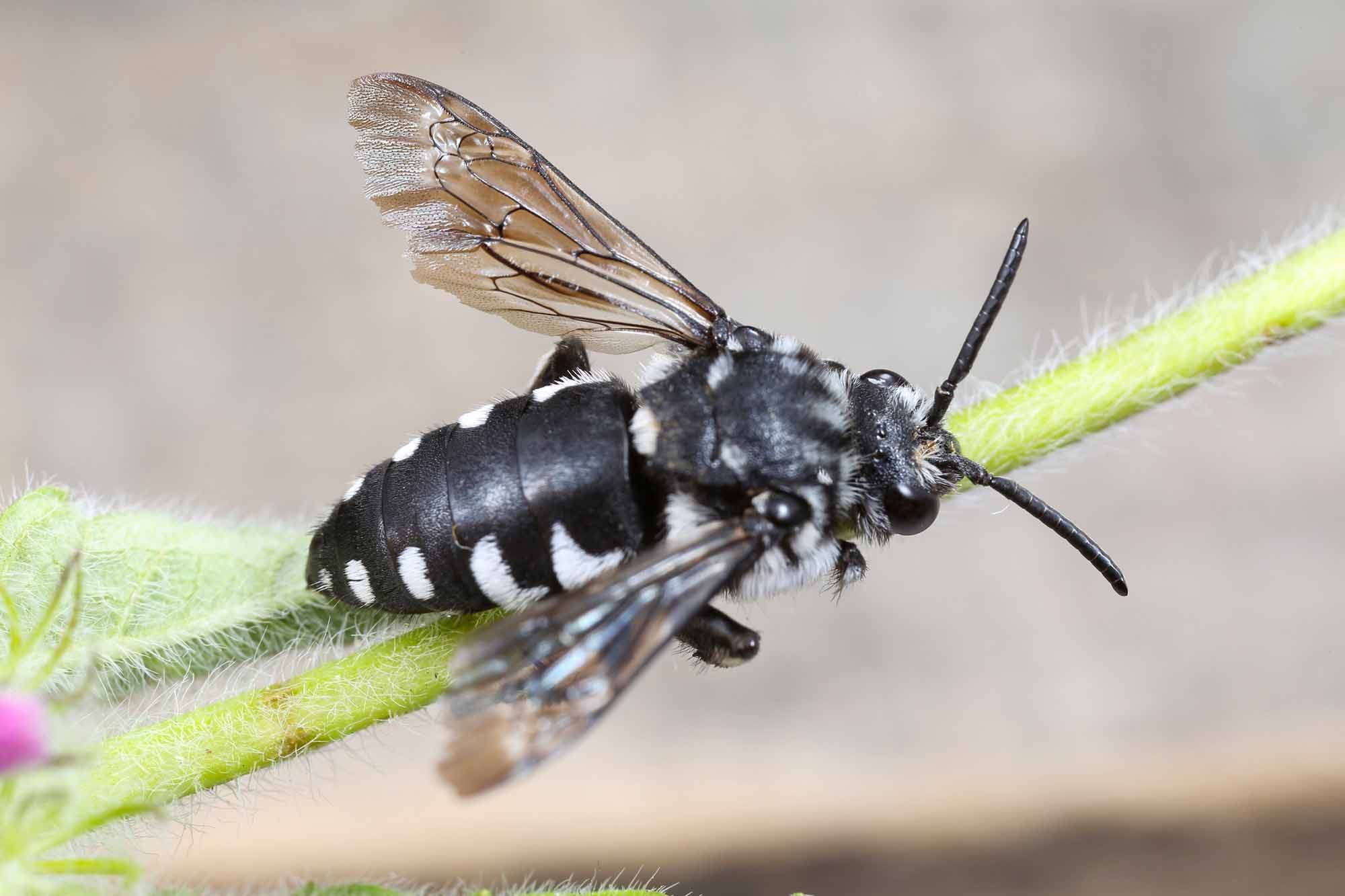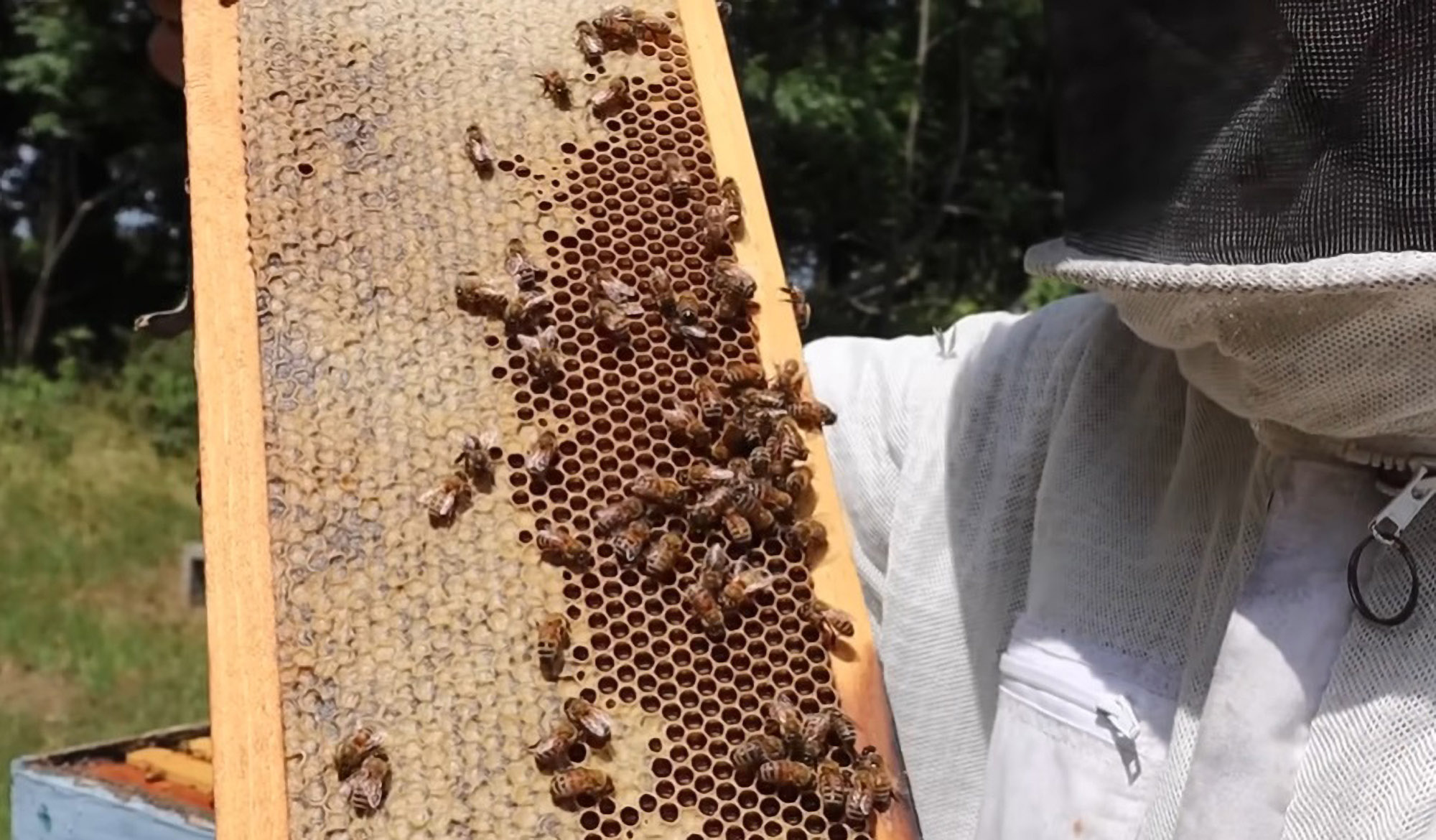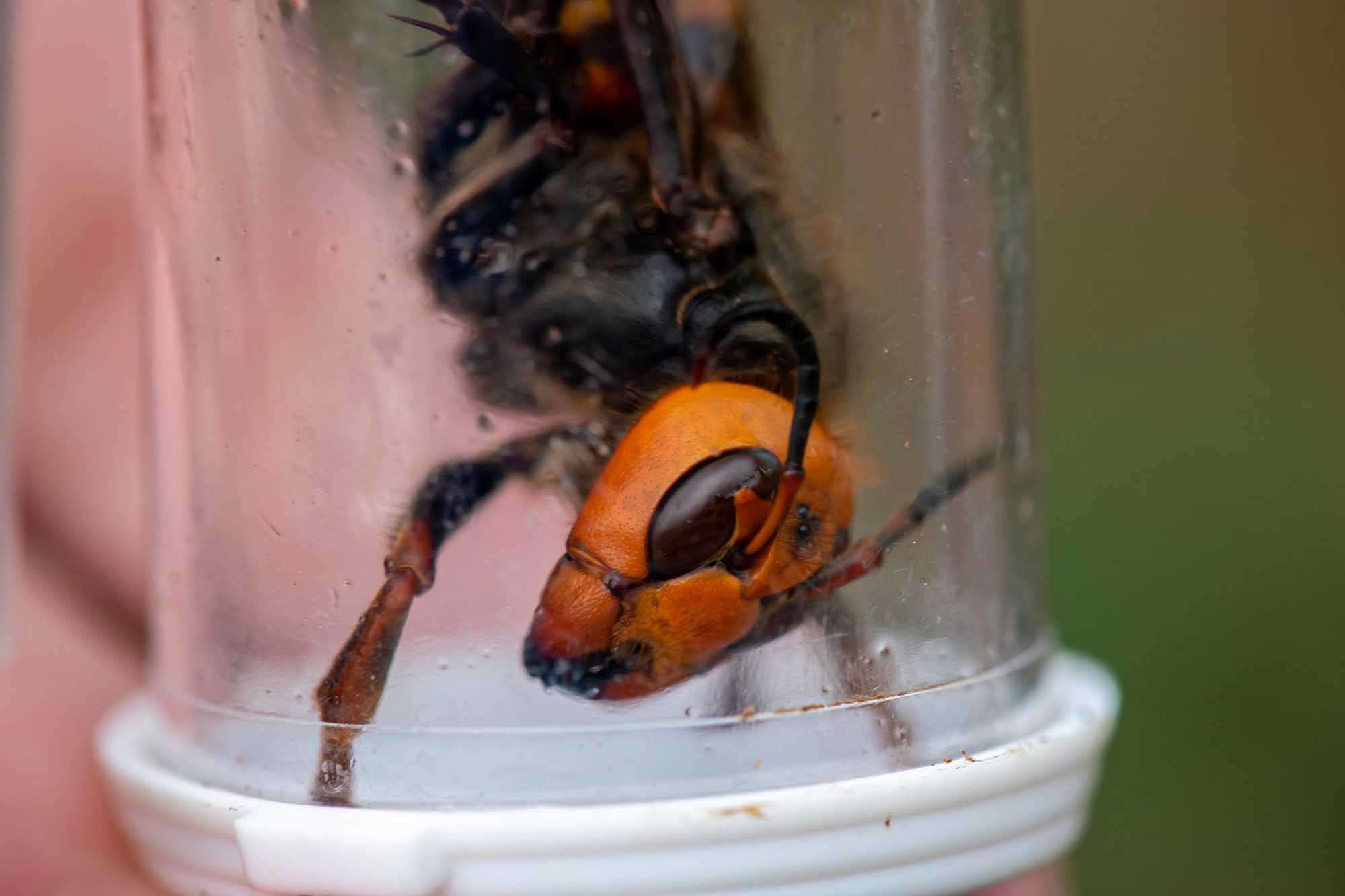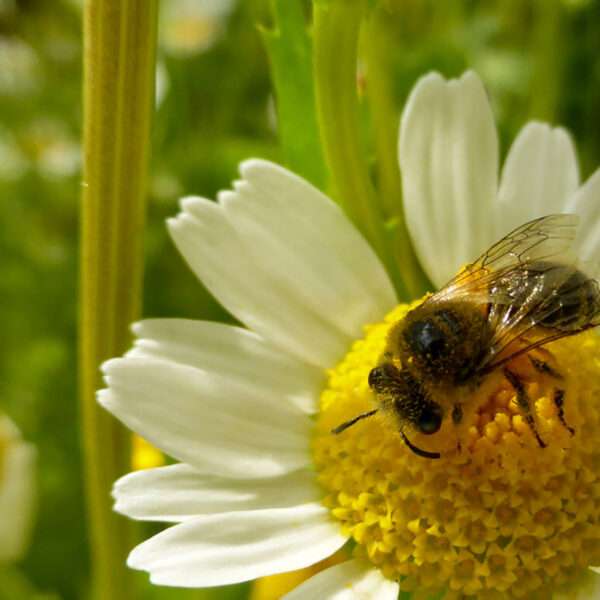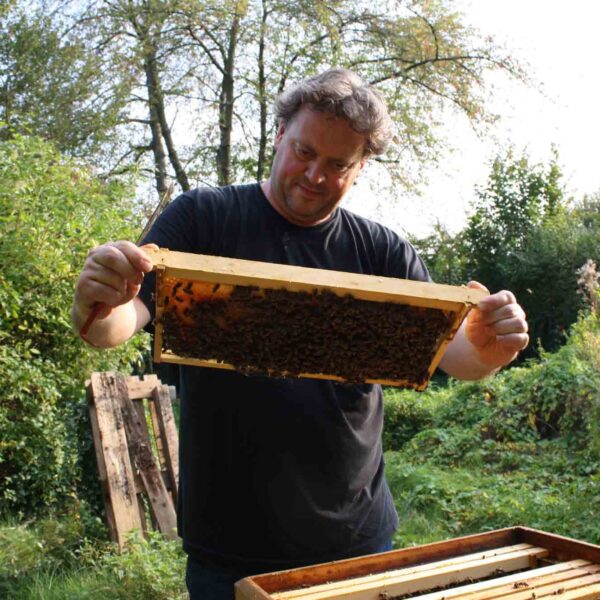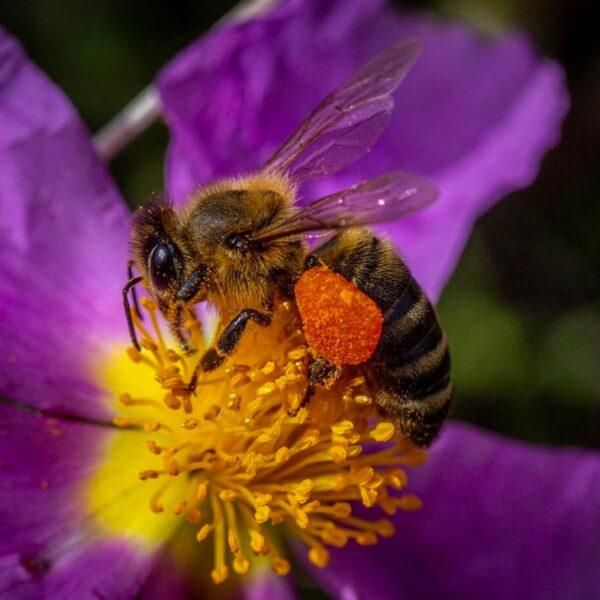Researchers have identified global warming as the main reason for the proliferation of a Mediterranean pollinator in southeastern Austria.
Karim Strohriegl from the Styrian Environment Protection Union (Naturschutzbund Steiermark) said the Thyreus picaron genus had been spotted at the defunct Hauenstein stone pit near Graz and on a hill outside Spielfeld.
Around 140 different solitary bee species – which are all vital pollinators – have been registered during the latest inspection of researchers at the two protected sites, Karim explained.
The Karl Franzens University Graz biology student said it had been the first-ever sighting of the Thyreus picaron in Austria.
Karim explained: “The Thyreus picaron species is common in the Mediterranean region. Five different subspecies have so far been identified. However, none of them has ever been spotted in Central Europe.
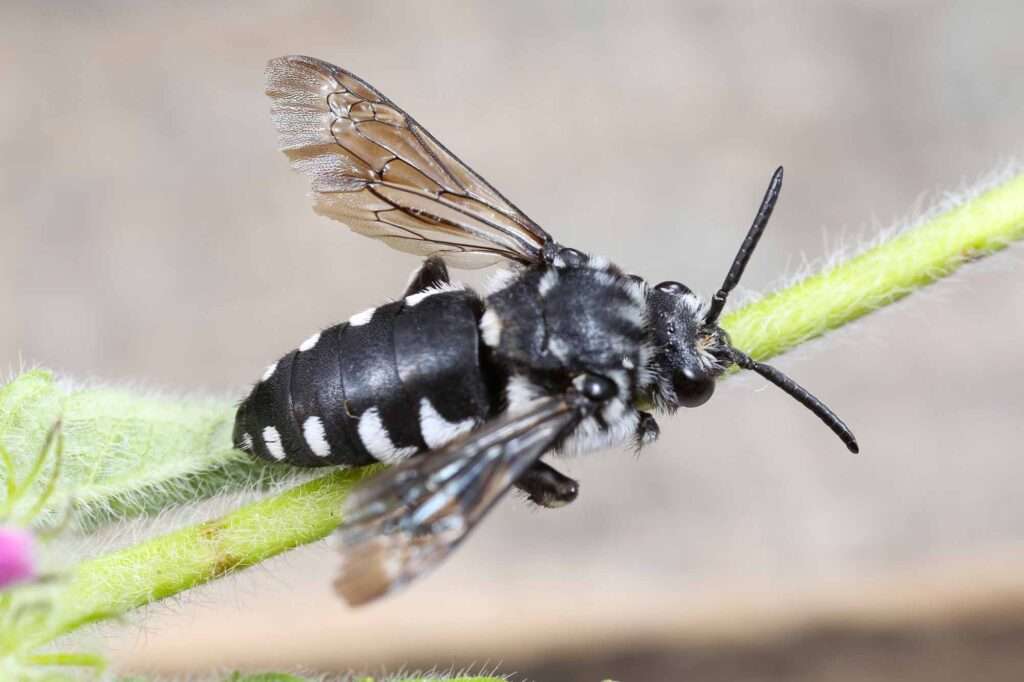
“The fact that it has now appeared in Austria can be linked with climate change which is spurring its proliferation.”
The average temperature in Austria as a whole was 7.4 degrees in 2021. This is an increase of 0.5 degrees compared to the annual median of the years 1981 to 2010.
At seven to 15 millimetres, the Thyreus species are considerably smaller than domesticated worker bees which can reach a body length of 13 millimetres.
Thyreus bees do not create nests but lay their eggs in other pollinators’ nests.
The Thyreus picaron genus was first examined and documented by late Dutch entomologist Maurits Anne Lieftinck in 1968.

